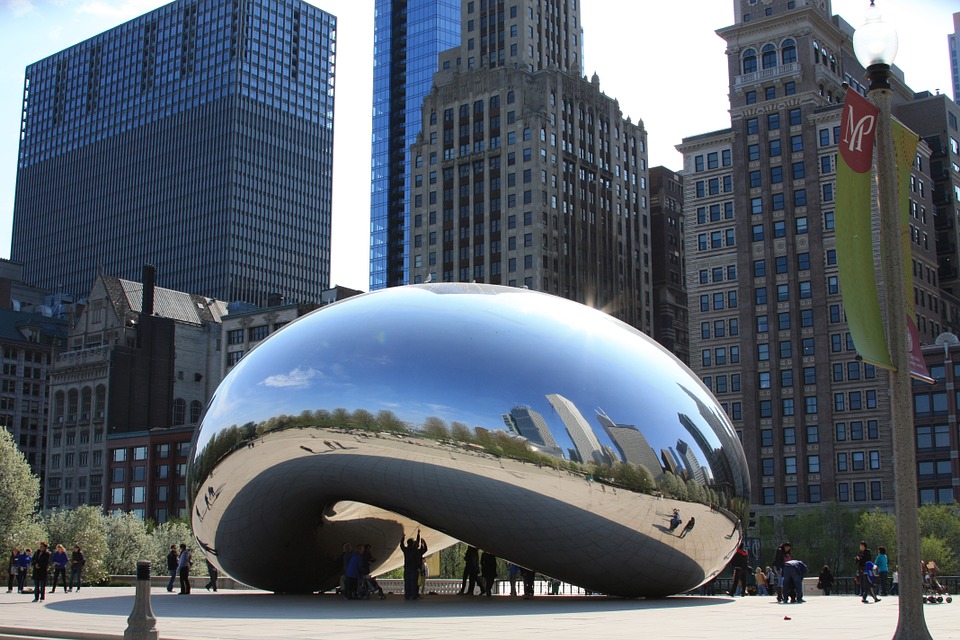In a recent article in the Chicago Daily Law Bulletin a decision by the Illinois Appellate Court was discussed dealing with the failure to schedule legal malpractice claims in a bankruptcy proceeding (Unfortunately, the case itself is unpublished, Dawn and Donald Patrzykont v. Randall A. Wolff, No. 1-07-0238). According to the article, a couple of weeks ago the Illinois Appellate Court dismissed a couple’s legal-malpractice lawsuit based on a lack of standing because of their failure to list the cause of action as an asset during their bankruptcy proceeding. The Court wrote that when a debtor files a bankruptcy petition, he must file a schedule of assets and liabilities, including any cause of action that accrued prior to the bankruptcy filing. A trustee is then assigned to handle the debtor’s property , with the trustee having the exclusive right to pursue the causes of action listed in the bankruptcy schedule. The Court further explains that a trustee can abandon a scheduled asset, but if an asset is not properly scheduled (like in the present case) it is not abandoned when the bankruptcy case is closed. Consequently, if a legal malpractice action is unscheduled in the client’s bankruptcy the claim remains the asset of the bankruptcy estate (not the client) even after the bankruptcy case is closed.


